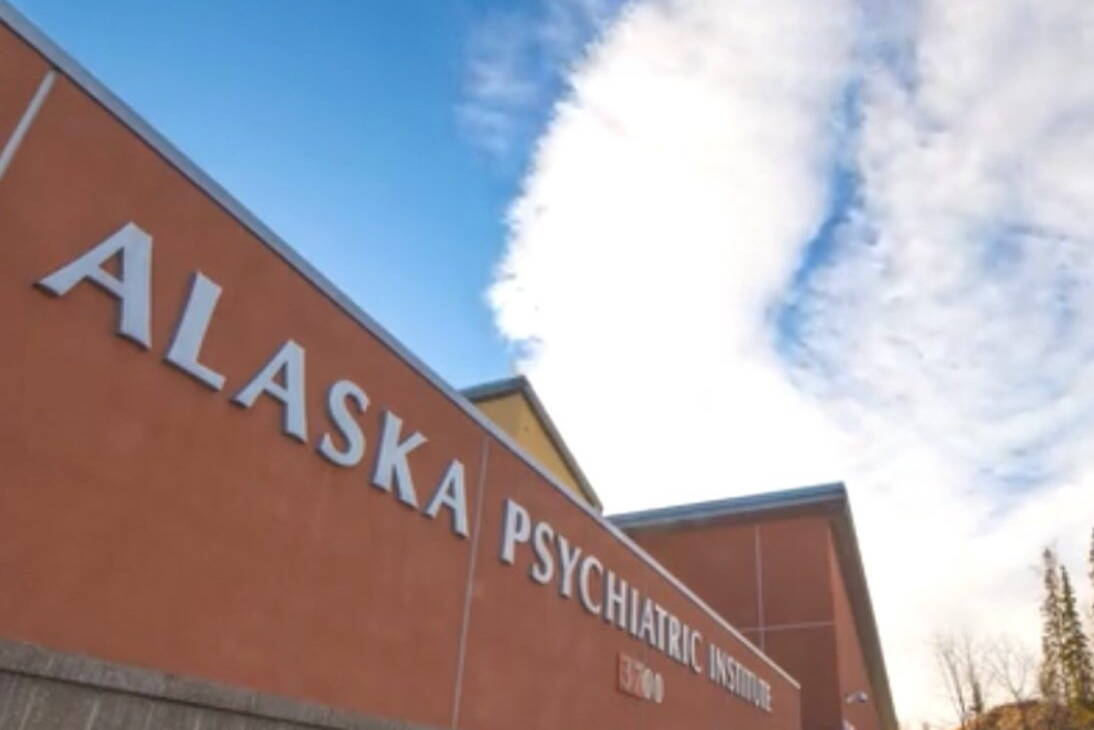Being taken to a locked psychiatric facility or unit is traumatizing. Starting with a court order for a forced evaluation, the ride in the back of a police car in handcuffs and the loss of freedom. I estimate that 50% of the people that enter a locked psychiatric facility as a patient will experience trauma that may cause or exacerbate post-traumatic stress disorder, one of the costliest mental disorders.
Alaska state agencies refuse to ask acute care psychiatric patients in locked facilities the following questions: “Were you injured during treatment or transportation?” “Did you experience any trauma?” and “Were you treated with respect and dignity?” In my opinion, the reason the state does not ask patients those questions are because the answers would force psychiatric hospitals like the Alaska Psychiatric Institute to make drastic changes in hospital policies.
The Department of Family and Community Services runs the Alaska Psychiatric Institute. Commissioner Kim Koval publicly announced last August that API has made tremendous progress in improving mental health services. From my vantage point the state reached that conclusion without including the views of patients or listening to their complaints.
It was also announced by Koval that since 2019 there has been a governing body at API that can make suggestions on needed improvements in patient care and rights. What was not stated is that the state agency, DFCS, runs API and has the final say on patient policies and even who sits on the governing body.
Patient statistics at API are not demonstrating successful patient care: In 2022, there were 643 patients at API. Seventy-five patients were injured. — about one in every eight patients. Seven injuries were the result of patient-on-patient assaults. The police were called 117 times — patients arrested or removed from API — 24. It was reported that there were 68 patient complaints/grievances.
There are patients at API with a developmental or intellectual disability along with a mental illness, and there are patients in API with just behavioral issues and not a mental illness. One of the problems patients have always had — the trained patient advocate required by state law AS47.30.847 works for the hospital. And patients are informed that any staff member can help with a grievance and that could include a staff member the patient has a complaint against.
In 2007, the Department of Health and Social Services was required by regulations to collect and keep on file all of the patient grievance procedures from all grantee psychiatric facilities or units. There was also a requirement that grantees receiving state funds must follow DHSS grantee patient grievance rules, which had an appeal process to the state. Today none of that is happening. The state has pretty much washed its hands of protecting patients in the grievance and appeal process in locked private psychiatric facilities or units, even the ones financially supported by the state.
Less than 10% of the acute care psychiatric patients in a locked psychiatric facility or unit are in API. The state has an obligation to protect all psychiatric patients in locked facilities. But the state has given itself the right by state law AS47.30.660 (b) (13) to delegate that responsibility, which is what the state is doing. About 9,000 people that rotate in and out of locked private psychiatric facilities or units each year are not protected by the state in the grievance process.
Last August I was given a brief tour of API and at the end I sat at a table with about six staff members and engaged in a conversation about patient care. I could sense an honest effort by staff to improve mental health care and that they cared for patients.
In Alaska the managers of psychiatric facilities set standards for patient care, free from state oversight, as an example: when can patients go outdoors, use the phone, have visitors, and when soiled bedding will be changed, etc. The goodwill of staff at a psychiatric hospital cannot take the place of the state setting a best practice standard of psychiatric patient care in law or regulations.
My advice to the Department of Family and Community Services and API management: Patients often feel helpless and hopeless. Improving rights for patients is necessary along with expanding patient rights policies. And all patients should be asked in a survey: “Were you injured during treatment or transportation?” “Did you experience any trauma?” “Were you treated with respect and dignity?” Without the state asking the hard questions, it is not possible to improve patient outcomes.
• Faith J. Myers is the author of the book “Going Crazy in Alaska” and has spent more than seven months locked in psychiatric facilities in Alaska.

